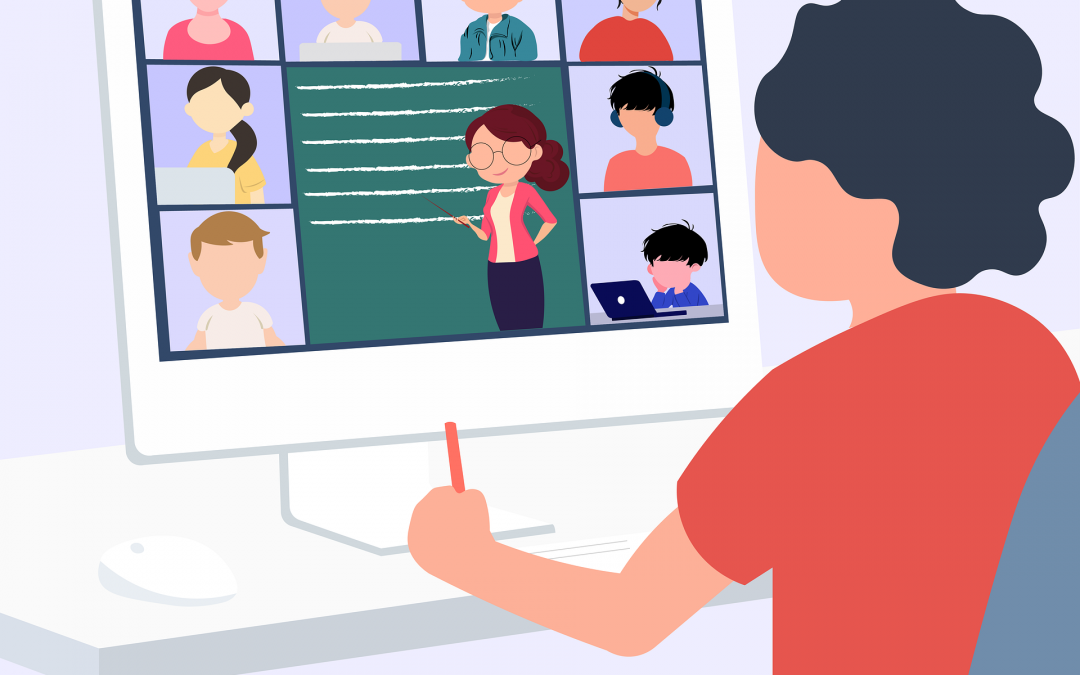
‘Remote School’ programme
The ‘Remote School’ programme was started to facilitate remote education in Poland during the COVID-19 pandemic.

The ‘Remote School’ programme was started to facilitate remote education in Poland during the COVID-19 pandemic.
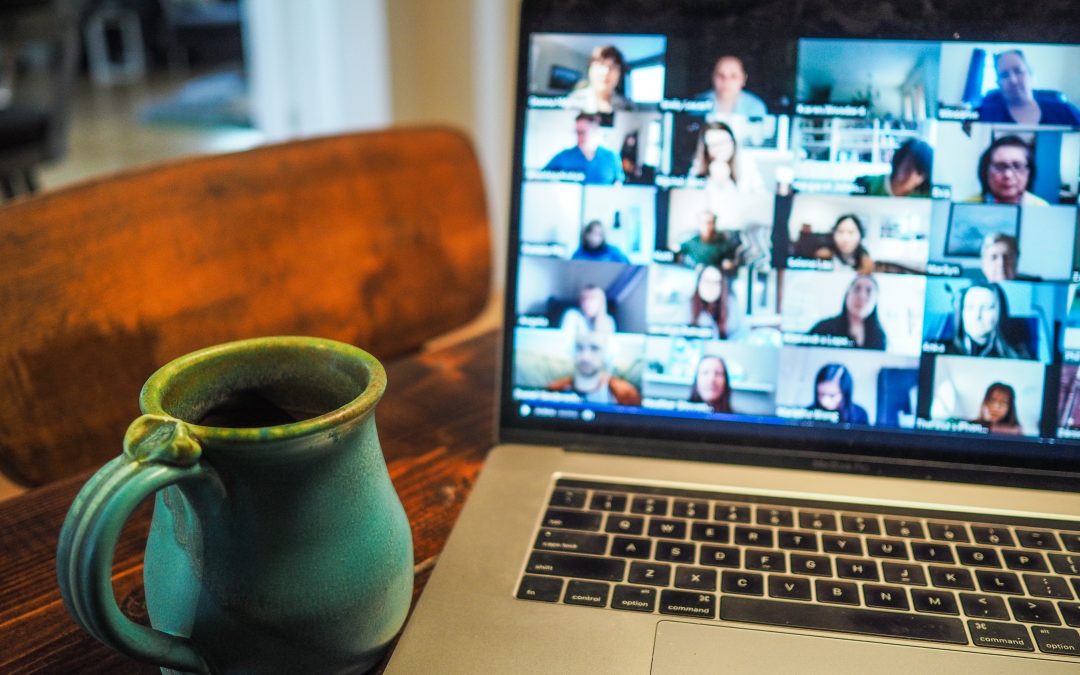
The SYPO Project helps educators to develop various personal and professional skills.
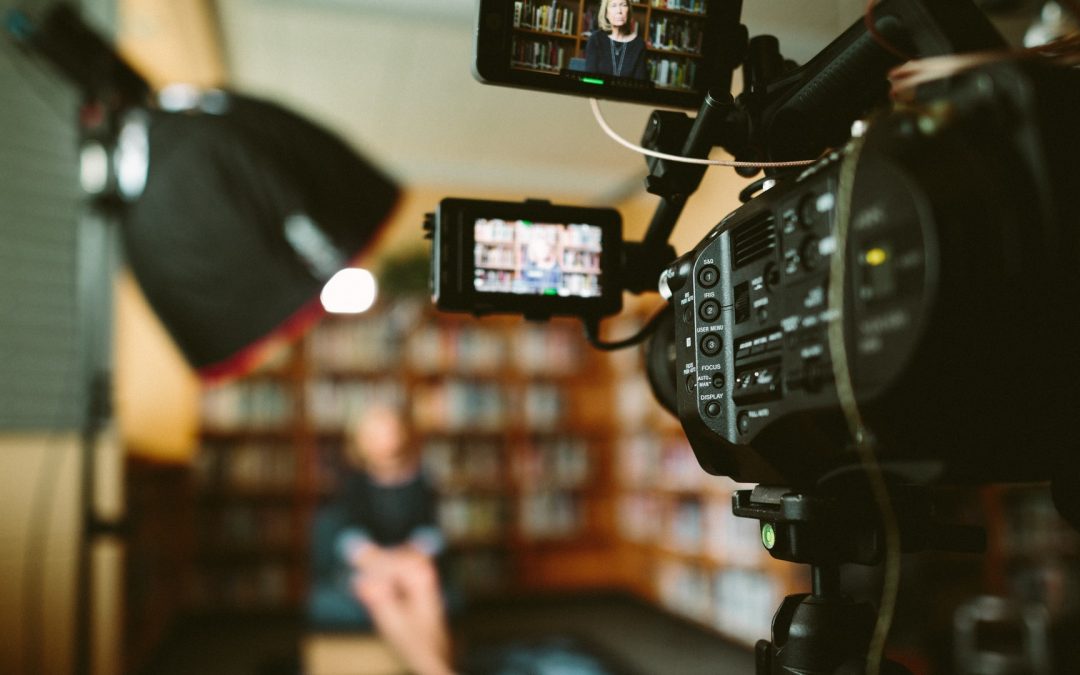
Czech Television created a series of live interactive school classes called TV Teacher [UčíTelka].
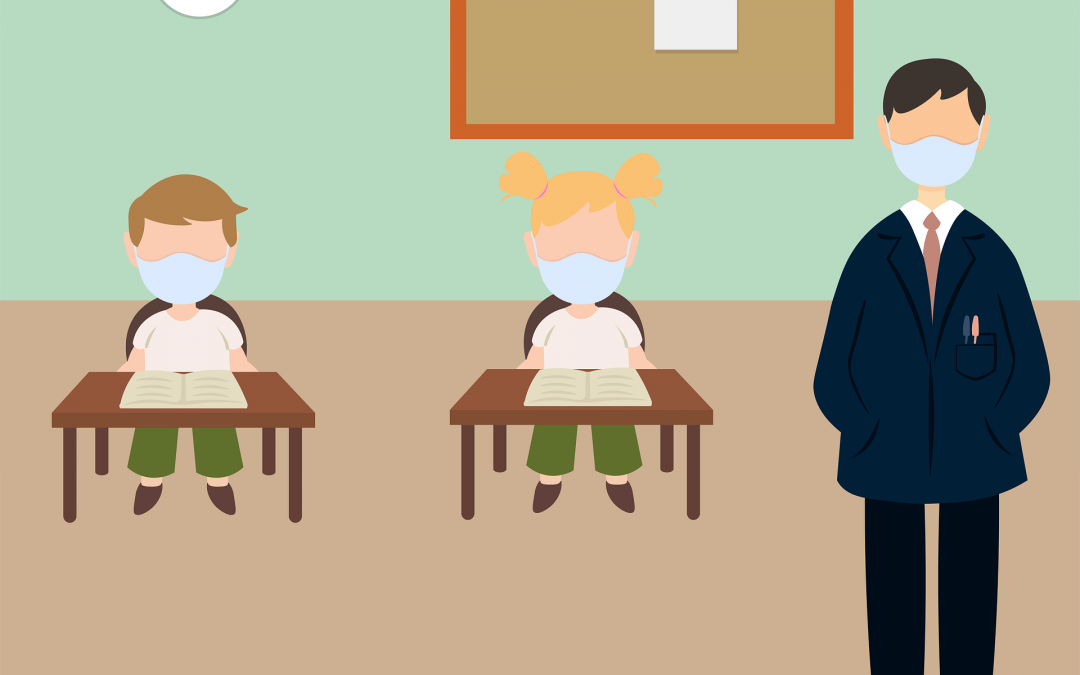
During the pandemic, the French government implemented policy measures to address the growing digital gap.
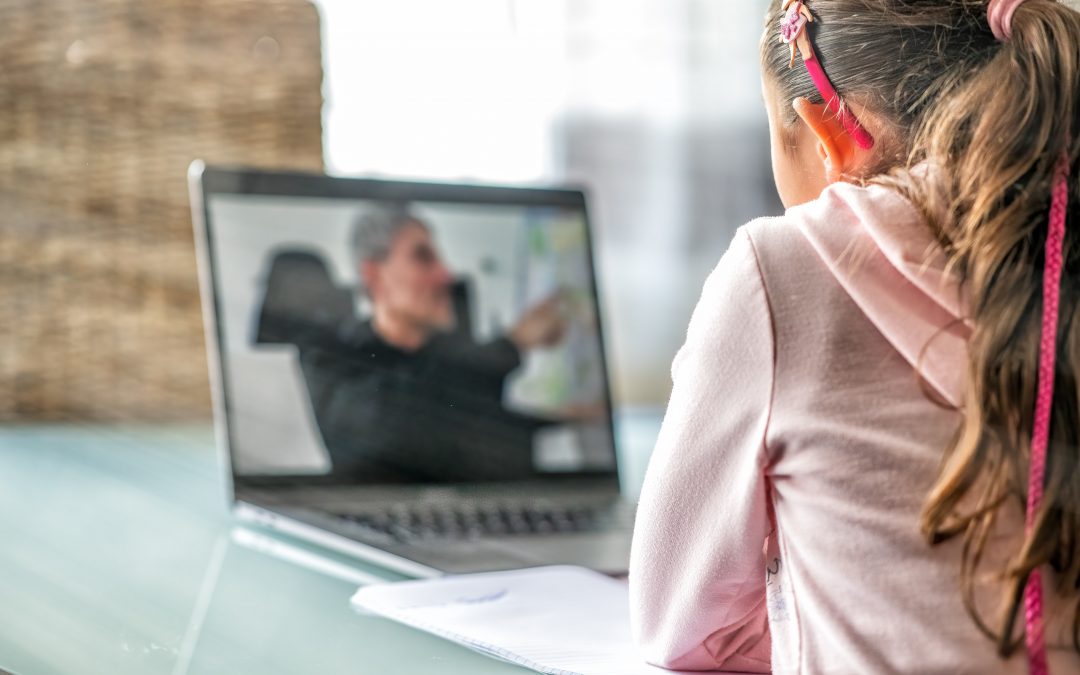
The Ankara Metropolitan Municipality (ABB) has launched a project called ‘Internet to Villages’, which aims to bring internet infrastructure to nearby villages.
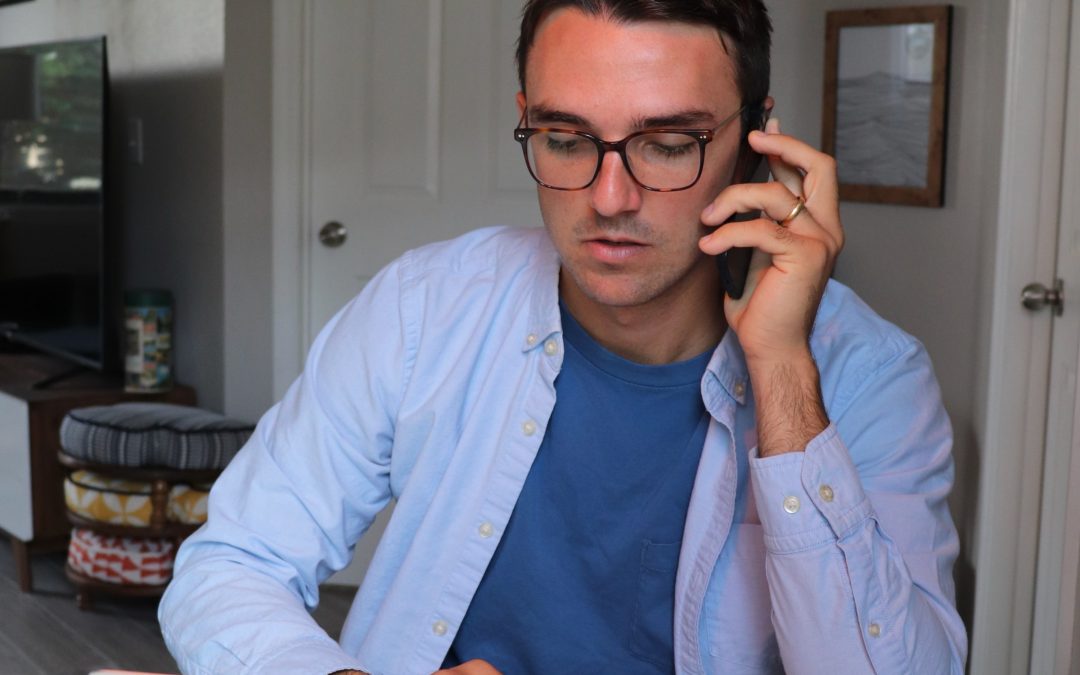
The University of Porto provided a psychological support line during the pandemic to help ameliorate any new or increased mental health problems among its community.
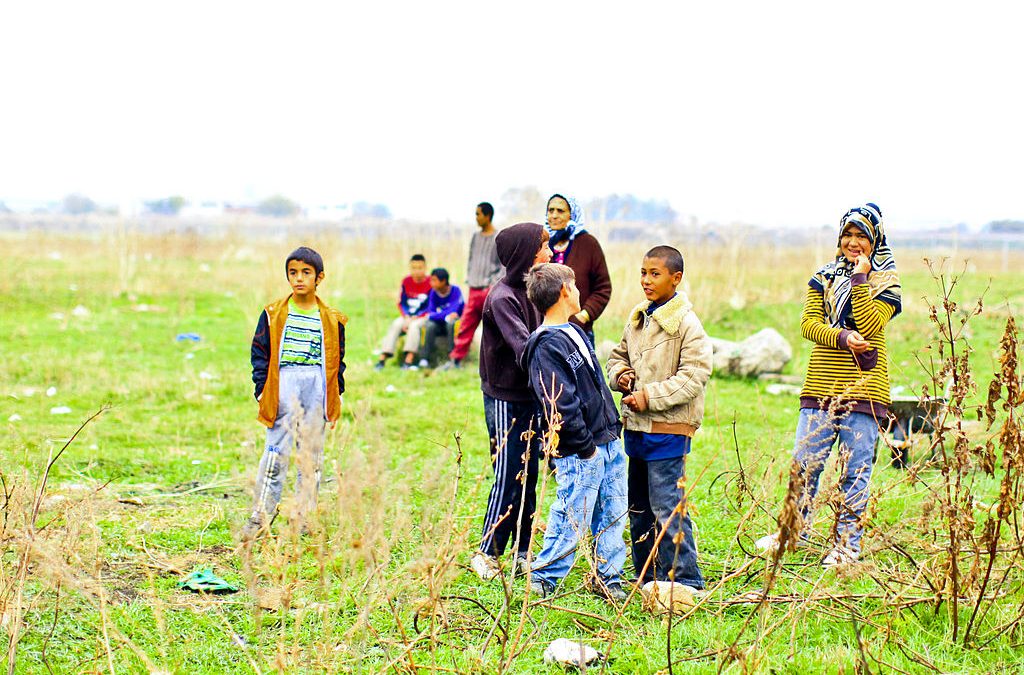
Cáritas de Coimbra, a Portuguese charity, specifically supported Roma pupils and students during the pandemic.
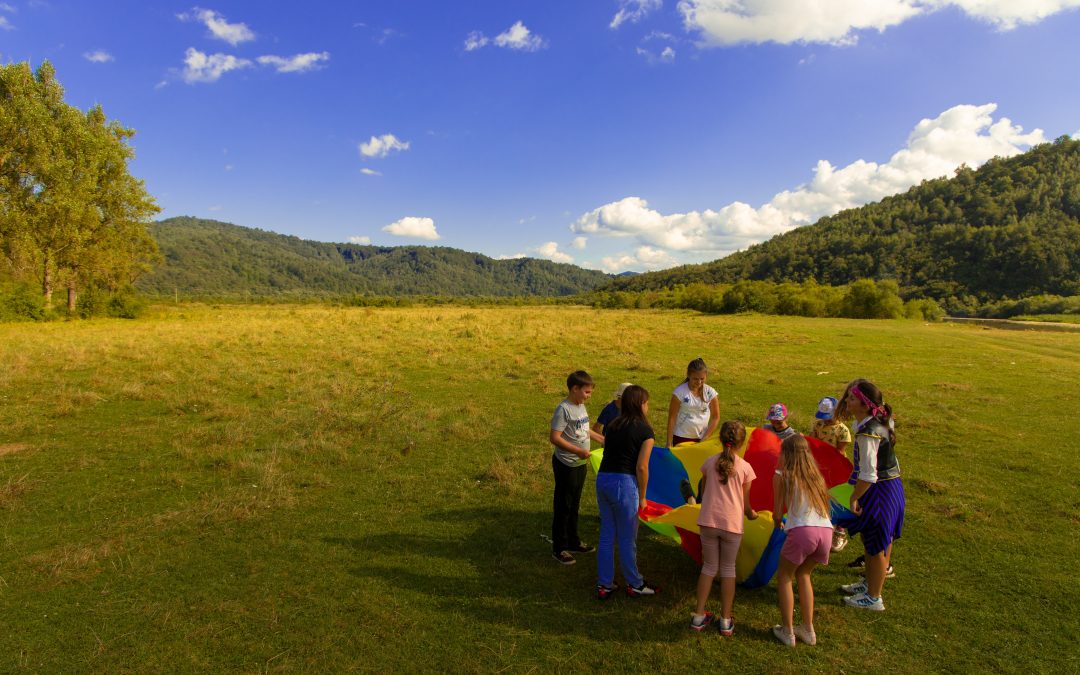
The Latvian government implemented a three-pronged policy measure designed to provide relief to youth, parents, and teachers from the emotional and educational hardships caused by COVID-19. While one branch was focused on the well-being of teachers, the other two focused on youth.
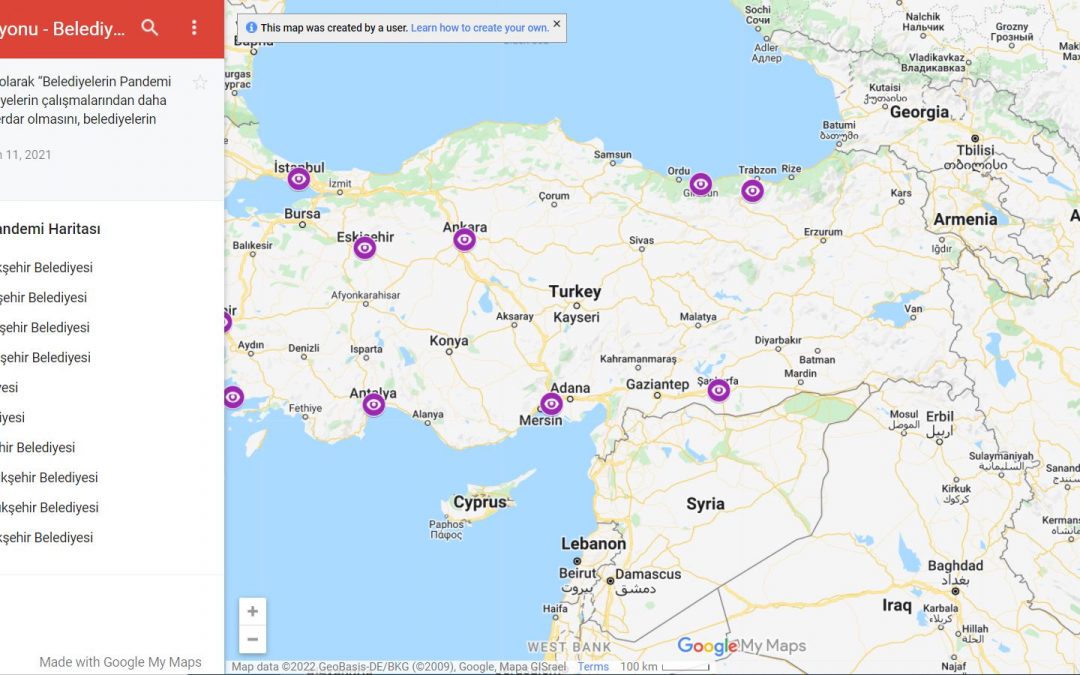
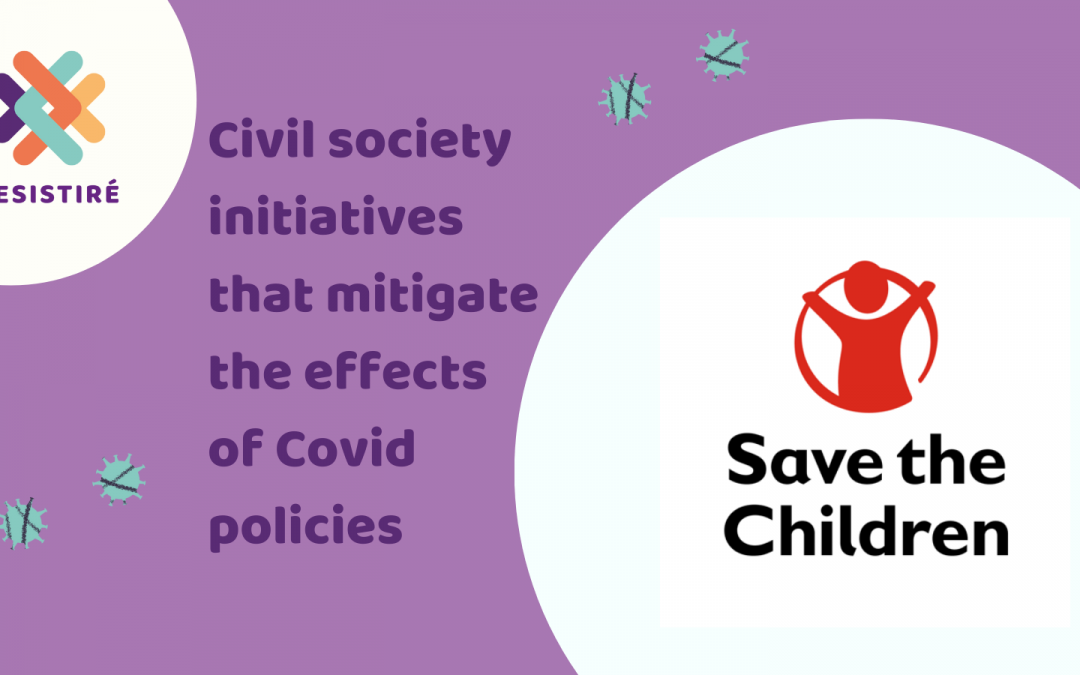
The “Not Alone” Programme is an integrated programme implemented by Save the Children in response to the COVID-19 pandemic which aims to tackle educational poverty, the divide in access to distance learning of schools, and the difficulties of fragile families in accessing basic necessities.
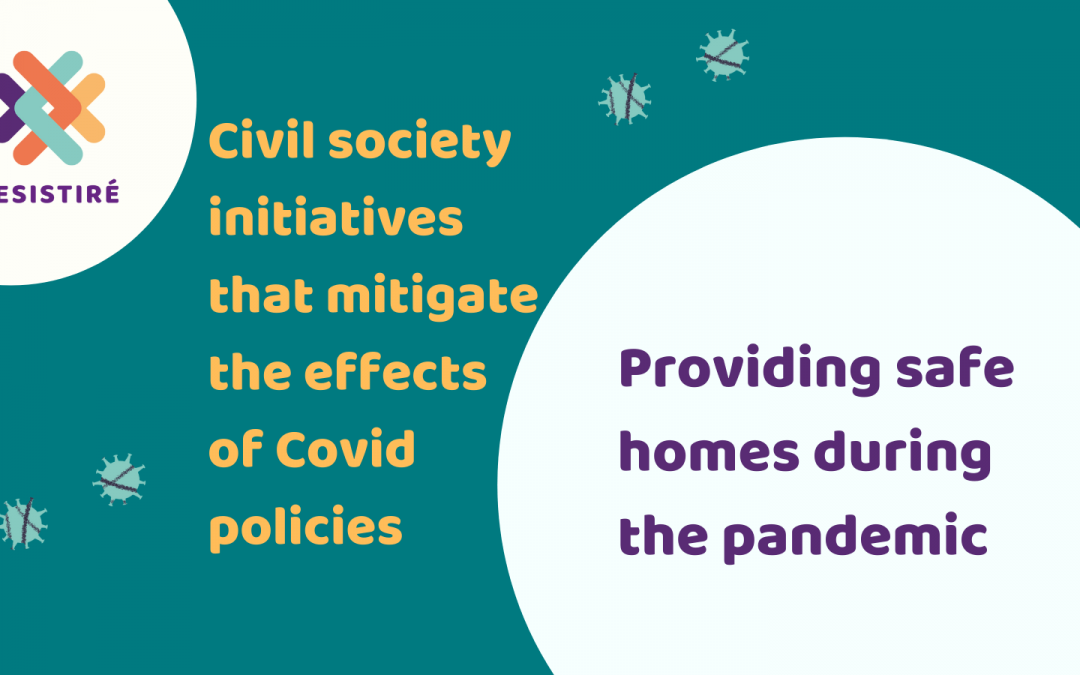
This UK initiative aims to bring the housing sector and refuges together to get survivors who are ready for move on right now into a safe home.